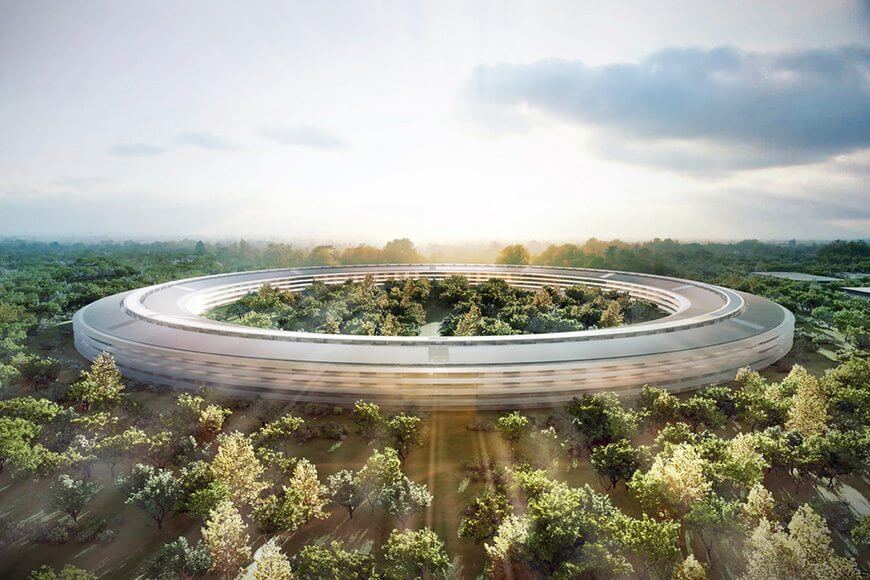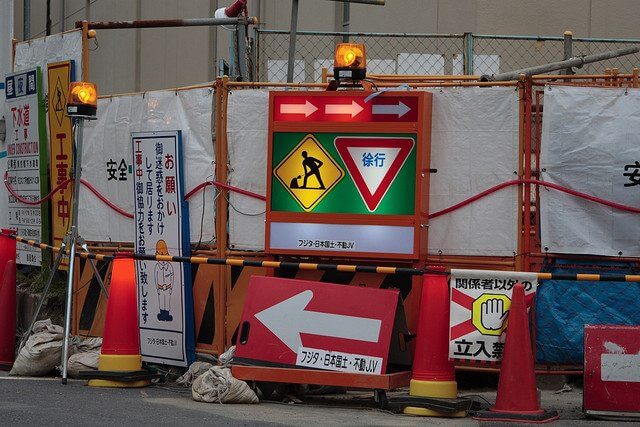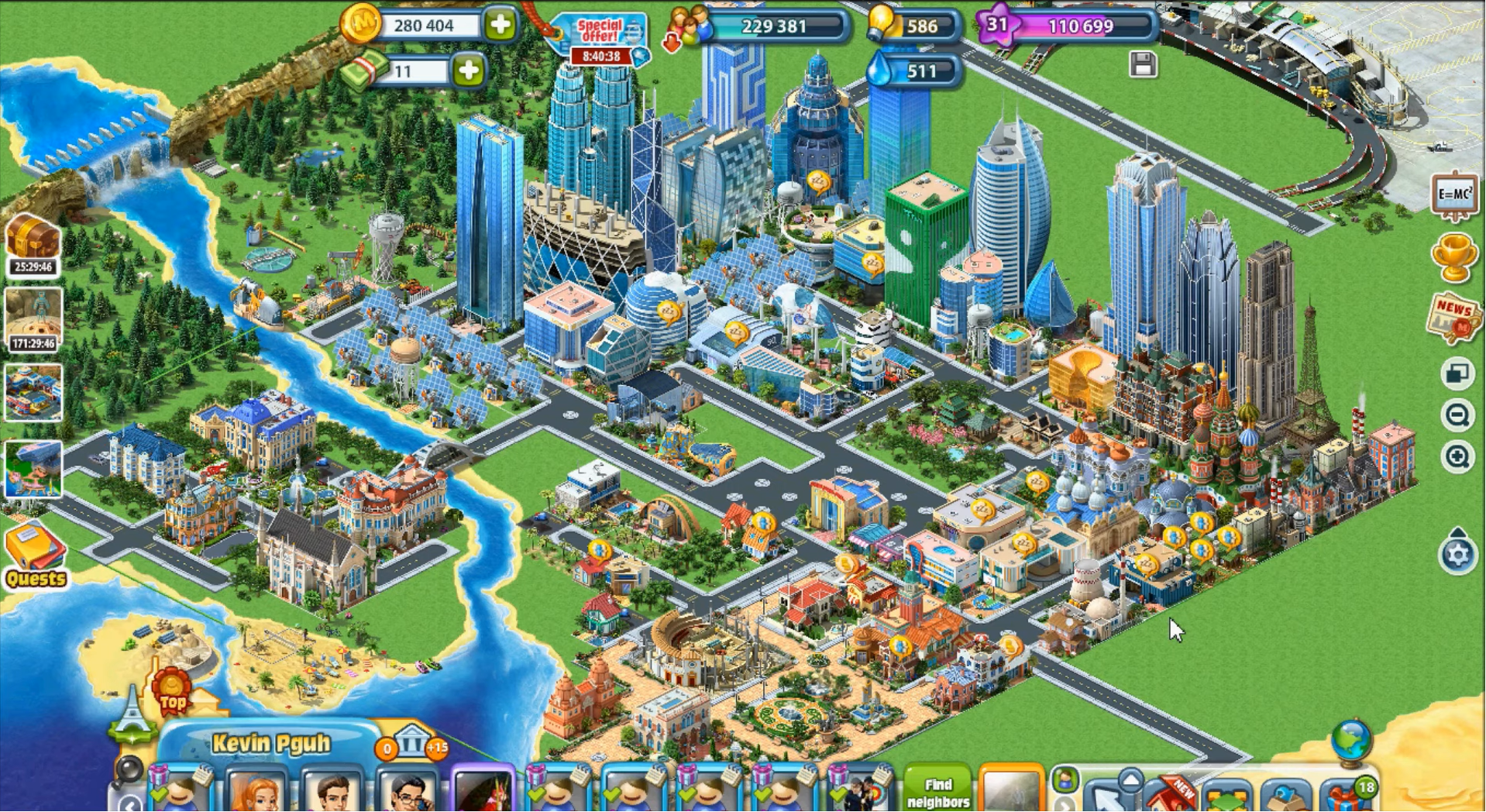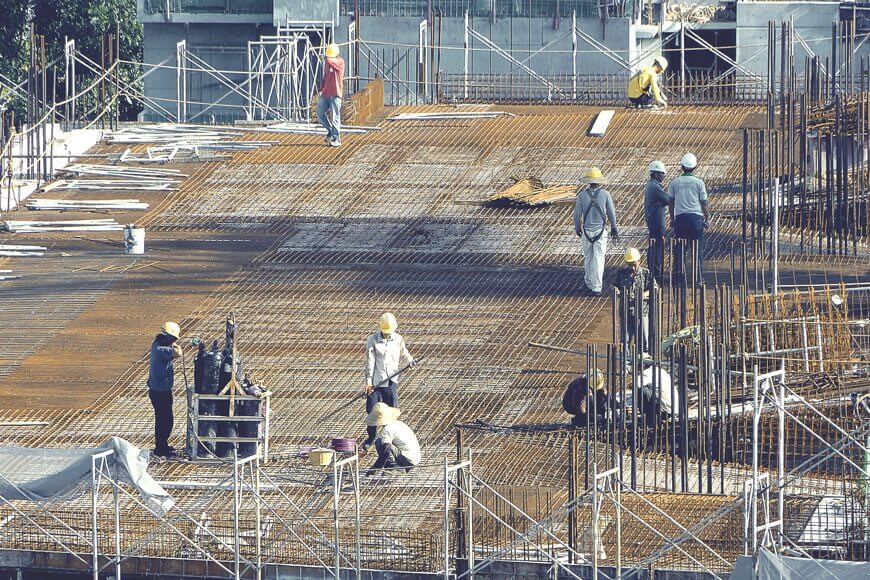Back in June 2012 Steve Jobs presented the details of the Apple Campus 2. Coined the “spaceship campus” by the media, the new Apple HQ designed by world renowned architect Sir Norman Foster, was expected to break ground in 2013 and open in 2015. However, an environmental review delayed the start on site now planned to open in April 2017.
Matthew Roberts uploaded recently to his YouTube Channel a drone video that presents the status of the project and all the new additions on this breathtaking campus:
As you can see in the video, a considerable amount of the on site work has been completed. Everyone in Apple is very optimistic that the Campus will come to life during the next month. At the moment, it appears that the construction team is working hard in order to start adding some green around the area.
Being big fans of Apple, we asked our team of Construction experts here at GenieBelt to do an external desktop review of the project and to try and detect some of the reasons for the delay of this magnificent project..
These are our 5 major risks, that potentially have a significant impact on the Apple Campus 2 project:
1. Planning and Programming Complexity
As with any project of this size, the team has to put a lot of time and effort into programming before anyone even goes near the site! With time being so critical on a project of this complexity, all contractors and subcontractors that are on the tender lists will have to be part of a program and of any amendments to those programs. This is to enable them to be aware of the time and resource requirements. Moreover, they should ensure that the have the capacity to meet them should they be successful in any of the tenders.
Once work starts on site there could be up to 5,000 men working there. The harsh reality is that, on a project of this value, of this speed and covering this area, nobody really has a clue what is going on! It isn’t like a smaller project where someone can have a walk around every day. You can’t keep a mental track of the percentage of each work package completed! Basically, the site project management will have to settle for asking each contractor/PM how they are progressing with their package. “Err. Forgive me for asking, but are you on programme?” Well, perhaps not quite like that, but there has to be a lot of inter-reliance and trust! We presume the whole project will be packaged up into smaller areas, very much like how other mega projects like Heathrow Terminal 5 was done, but that brings with it, its own problems.
2. Cut and fill
There is going to be a very big circular hole dug out; one with a circumference of 1 mile! We aren’t told how deep this hole will be, but we are told that all the excavated materials from it will be re-distributed on the site. Quite how this will marry up with the pleasant landscaping we see in the design sketches is going to be interesting because most of it will be sub-soil, stones and rock – not the best stuff for growing trees in! Assuming there is no intention of importing topsoil to the site, the only option would be to scrape off all the existing topsoil and then re-spread it over the excavated stuff! To do that for 176 acres is going to be a big heap of soil!
Check out also: Modernise or Die: The Need for Change in Construction
3. Setting out
Not a problem for the hole that will have to be dug. But once the support structure starts to go up, be that steel or concrete columns, the setting-out for those columns will have to be extremely precise. This is a simple spin-off of the circular nature of the building. Be half-an-inch out here and there. Or be a smidgens out of vertical and the building just won’t meet up with itself. As a result, the ends will not be aligned!
4. Material supply
Now here it isn’t the size and speed of the project; $5 billion in about 15 months. Some of us Genies have worked on projects that have got through twice that amount of money in the same time period. What is different here is the insistence on the nature and final finish of the materials for external facades and internal walls, along with the glazing. Can Apple be certain that the manufacturing facilities exist to provide them with the quantities they want, at the rate they want them?
5. Logistics
It is a big site but wagons will be queuing for miles down the approach roads! And what about the poor guys trying to get to work on the site? Some Genies have experience of a 15 minute drive turning into a 1½ hour tail-back. But that would be a Sunday afternoon cruise compared with trying to get onto this kind of huge site at “rush hour”. As for concrete wagons, if it is delivered already mixed, the product will have set and cured by the time its at the pouring pump. The solution may appear to be batching plants on site; however someone has still to bring the materials. And once it is, there will be chaos amongst the drivers as to where, exactly, on the site they are should deliver it.
This delivery time and location issue will apply equally to all other material deliveries. An option would be for a single central delivery and storage area. But that would make internal site logistics very complex and increase site traffic. Whatever they go for, there are going to be long tail-backs causing chaos for other, normal traffic in the area.
Do you have any solutions for Apple’s Construction problems?
Take a look at other possible Construction problems.




